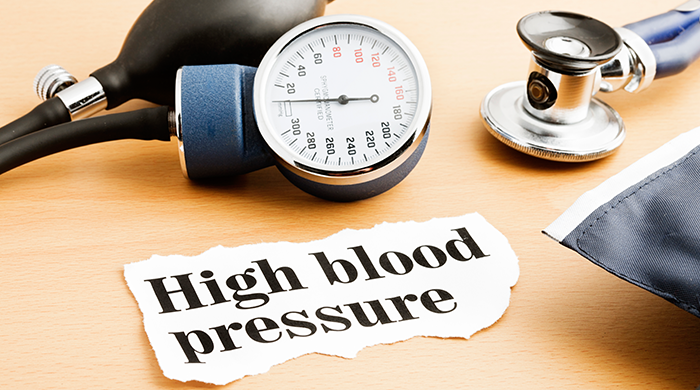
Stroke is one of the leading causes of adult disability in Canada, and recent studies show that it more than doubles your risk of dementia. This is especially troubling because stroke is becoming more common as people develop risk factors like hypertension (high blood pressure) and diabetes earlier in life and live longer with these conditions. The effects of a stroke, which results from sudden damage to the brain from lack of blood flow or the rupture of blood vessels, can range from mild to severely debilitating, and depend largely on how much and which areas of the brain were affected. While some risk factors like age, gender, ethnicity and family history are unavoidable, fortunately there are steps you can take to help reduce your risk of stroke.
-
Eat well and exercise regularly. Physical inactivity and being overweight are both risk factors for stroke. But you can ensure you maintain a healthy weight and activity level by improving your diet and exercising more regularly. Start by eating more fresh fruits and vegetables and lean protein like poultry or fish, and eating fewer processed, fatty and fried foods, and less red meat. To be more physically active, try to incorporate 150 minutes per week of moderate- to vigorous-intensity aerobic activity into your weekly routine.
- Avoid smoking. Smoking can lead to a buildup of plaque in the artery walls, which narrows your arteries and restricts blood flow, increasing the risk of blood clots, reducing the oxygen in your blood, increasing your blood pressure and generally making your heart work harder. Becoming smoke-free immediately reduces your risk of stroke and heart disease.
- Keep your blood pressure in a healthy range. High blood pressure is a major risk factor for stroke. For most people, healthy blood pressure hovers around to 120/80. Be sure to have your blood pressure checked at least once per year by your health-care provider, or more frequently as recommended by your doctor. In addition, you can monitor your blood pressure more frequently at home or at your local pharmacy. Learn more about managing your blood pressure.
- Reduce and manage stress. Identify the causes of stress in your life and find ways to address these stressors in a healthy way. Whether it means attending therapy, changing habits or relationships that cause you distress or making time for more relaxation, exercise or self-care, finding ways to reduce and better manage your stress will have positive effects for your physical and emotional health.
- Learn the signs of stroke FAST. Time is crucial during stroke. The sooner you detect symptoms of stroke and receive medical attention, the more likely you are to contain the damage of stroke and to recover more of your physical and cognitive function. If you suspect you or a loved one may be experiencing a stroke, remember to act FAST:
Face- is it drooping?
Arms- can you raise both?
Speech- is it slurred or jumbled?
Time- to call 911 right away
If you do suspect a stroke, do not drive yourself or the person having a stroke to the hospital calling an ambulance will ensure you are taken to the best hospital for stroke care.

